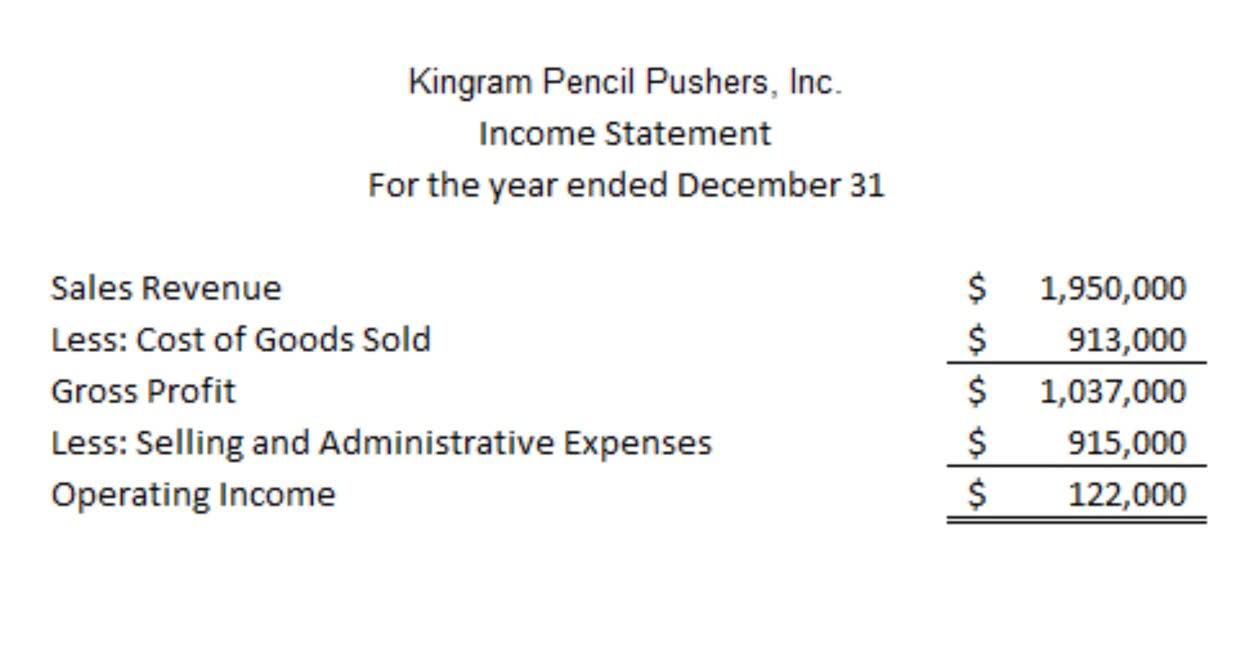
Small businesses hire accountants to advise them on their financial situation and help file taxes. Aside from handling taxes and compliance issues, assets = liabilities + equity they can help you optimize budgets, spot opportunities to save, and even apply for business loans. With extra tools and reports, your staff can assess cash flow in greater detail.
Definition of Accounting

Employees use financial reports to evaluate the financial health and stability of their employer. To become a professional accountant, individuals must typically complete a bachelor’s degree in accounting or a related field, and in some cases, a master’s degree. They may also need to pass a licensing exam and meet continuing education requirements to maintain their license.
- Management accounting focuses on providing information that is relevant, timely, and accurate.
- They’re responsible for looking into business processes and making sure that all of a company’s financial statements and transactions are correct.
- Thus, analysis of accounting information will help the management to assess in the performance of the business operations and forming future plans also.
- The person who is contemplating an investment in a business will like to know about its profitability and financial position.
Recording financial transactions
The balance sheet provides a snapshot of a company’s financial position at a specific point in time. The income statement shows the company’s revenues and expenses over a specific period, while the cash flow statement shows the inflow and outflow accountancy of cash during the same period. To analyze the financial health of a company, one must look at its financial statements, including the balance sheet, income statement, and cash flow statement. The balance sheet provides information on a company’s assets, liabilities, and equity. The income statement shows the company’s revenues and expenses, while the cash flow statement shows the inflow and outflow of cash.
- This Institute was established in 1949 under the Chartered Accountants Act, 1949 for the regulation of the profession of chartered accountants in India.
- For example, they might recommend an online payroll service to cut overhead costs.
- GAAP is a set of standards and principles designed to improve the comparability and consistency of financial reporting across industries.
- It gives accounting a framework and practices that accountants can use to identify, collect, record and report financial information.
- Accountancy (or accounting) is the process of maintaining, auditing, and processing financial information for business purposes.
- To help, we’ll detail everything you need to know about the basics of accounting.
Managerial Accounting

Debits and credits Suspense Account are used to record financial transactions in the general ledger. Debits represent the increase in assets or decrease in liabilities, while credits represent the increase in liabilities or decrease in assets. Accounts receivable and accounts payable are two important accounts that businesses use to track the money they owe and the money they are owed.

You’re our first priority.Every time.
Julia Kagan is a financial/consumer journalist and former senior editor, personal finance, of Investopedia. Accounting is considered an art because it requires the use of skills and creative judgment. One has to be trained in this discipline to be able to perform accounting functions well.
The Ethical Dimension of Accounting
Not that we have financial information, the journal entries, we have to present them in a way that makes sense to investors, creditors, and anyone else who is looking to make decisions about the company. The accounting process culminates in the creation of the general purpose financial statements. These reports communicate the financial position of a company to decision makers and end-users. Overall, professional accountants play a vital role in ensuring the accuracy and integrity of financial reporting for businesses and organizations. Their expertise helps to ensure compliance with tax laws and regulations, and provides valuable insights for decision-making and strategic planning. In conclusion, accounting plays a critical role in business decision making.
